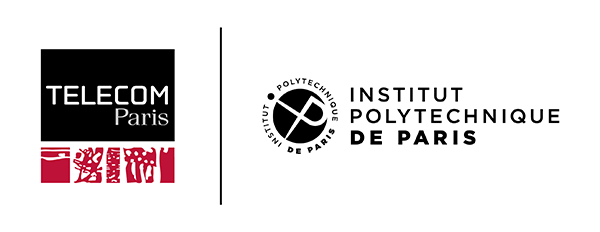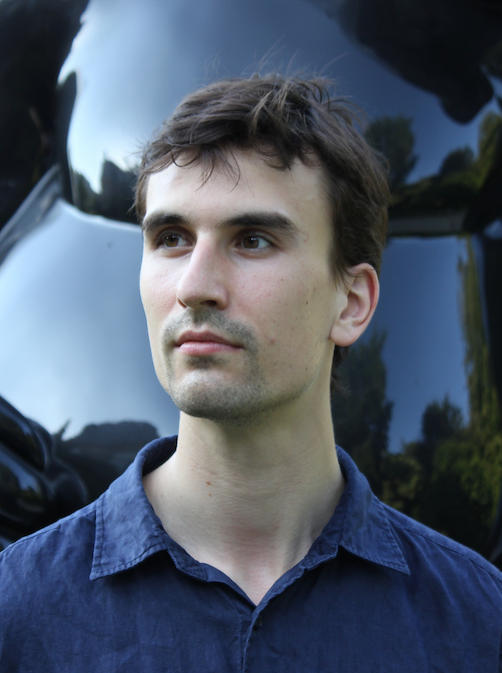
 Logic, Knowledge Representation and Probabilities
Logic, Knowledge Representation and Probabilities
➜ other AI courses

Introduction
The course is organized around weekly topics. For each topic, there is a lecture followed by a lab session. For the lab sessions, students connect to the relevant page on the
web site. They will find some text to read, small open questions and small programming exercises that they can try on their own machine (or on the machines provided in the lab room).
Grading
From 2026 onwards, the grade is ~40% weekly quizes and ~60% final exam.
The weekly quizzes will test basic understanding of the course material and the lab sessions.
The exam (on paper, no documents, no turned-on device, 90 minutes) will take place at the end of the course, contributing to ~60% of the final grade. It will consist in small short and independent exercises about Prolog, logic and other topics. No documents, no functioning devices.
Labs
Lab sessions are in rooms equipped with machines, but your are welcome to use your own. We will be working with the free Prolog Interpreter
SWI-Prolog.
Don’t hesitate to ask questions to teachers during the labs, they are there for you.
Topics
Gabriel Poesia, Kanishk Gandhi, Eric Zelikman and Noah D. Goodman,
Certified Deductive Reasoning with Language Models,
Arxiv 2023.
Chiang, T. (2023). ChatGPT is a blurry JPEG of the Web.
Annals of Technology - The New Yorker,
Feb.
Evans, J. & Rzhetsky, A. (2010).
Machine science.
Science,
329 (5990), 399-400.


 Nils Holzenberger
← Home pageFebruary 2026
Nils Holzenberger
← Home pageFebruary 2026
 Logic, Knowledge Representation and Probabilities
Logic, Knowledge Representation and Probabilities


